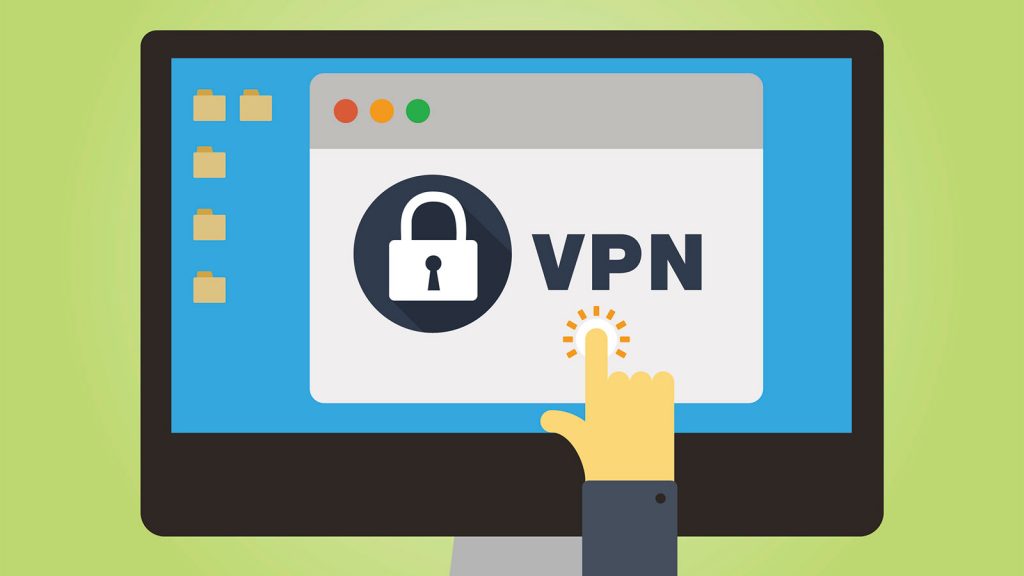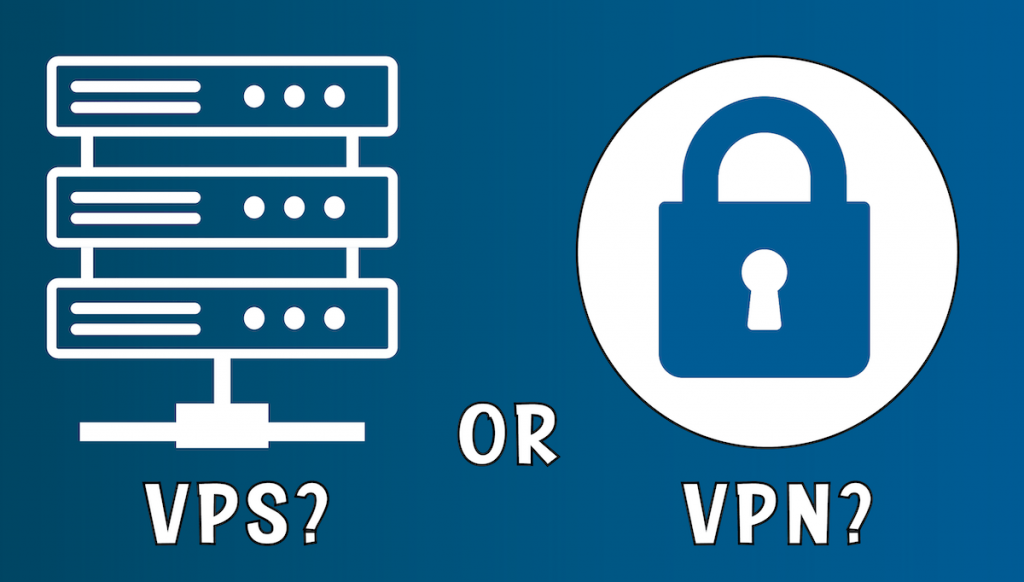What is VPS Hosting?

The phrases virtual private server (VPS) and virtual private network (VPN) are frequently interchanged. Because their acronyms are similar, it’s easy to mix them up. They do, however, refer to two distinct types of services.
A Virtual Private Server is essentially a type of web hosting, but a Virtual Private Network is a service and technology that allows you to stay entirely private and anonymous online.
Despite the fact that they are completely different services, they are frequently lumped together because of their names. It’s easy to get these two terms mixed up, especially if you’re just getting started with the internet.
In our VPS vs VPN comparison, we look at what a VPS is and how it works, as well as how it differs from a VPN.
Pros of VPS Hosting
Users that require more than a shared server but are not yet ready for a dedicated server can consider Virtual Private Server hosting.
Here are a few of the most significant advantages of Virtual Private Server hosting:
It’s cost-effective.
You essentially have access to a dedicated server with Virtual Private Server hosting, but without the cost of a physical dedicated server.
Greater server customization.
In most cases, you’ll pay for what you need and be able to add only the capabilities you need to manage your website.
Easy to scale your server.
You can progressively increase the number of server resources you have access to with Virtual Private Server hosting, and you won’t have to pay for resources you don’t need.
Greater server control.
When comparing Virtual Private Server hosting to shared hosting, you’ll receive more control over your server, including root access and the ability to run server programmes.
Solid technical support.
When compared to a normal dedicated server, Virtual Private Server hosting typically provides better technical support and more hand-holding.
Cons of VPS Hosting
Even yet, Virtual Private Server hosting isn’t ideal for all types of website owners. In truth, VPS hosting should be considered only after you’ve “graduated” from a shared hosting plan.
When it’s time to upgrade from shared hosting to Virtual Private Server, you’ll have greater space and control over your website. Nonetheless, there are a few drawbacks to be aware of.
The following are the most significant disadvantages of Virtual Private Server hosting:
It’s comparatively more expensive.
If you’re coming from shared hosting, you should be aware that Virtual Private Server will be more expensive. It is less costly than dedicated hosting. However, the cost will be determined by your overall resource requirements. Overall, it’s affordable, but you’ll have to pay a higher monthly charge.
You can run into resource allocation issues.
You may encounter resource allocation challenges in some circumstances. This occurs when another site on a Virtual Private Server consumes an excessive amount of physical server resources, causing your site’s performance to suffer. However, if you’re utilising a low-quality Virtual Private Server provider, this is more likely to happen.
What is a VPN?

The term VPN refers to a virtual private network. A Virtual Private Network, in essence, creates a private and secure network that spans your whole network connection. It allows you to stay anonymous online while also safeguarding any data sent over the network.
Your Virtual Private Network client will automatically encrypt any data sent over a network connection once you’ve started your VPN software. Data must first transit through the VPN before being sent via a network connection. The VPN will then encrypt and forward the traffic.
The sent data will appear to come from the Virtual Private Network server, not your home (or coffee shop) network, on any internet page you visit.
When you connect to the internet without using a Virtual Private Network, every data you send is vulnerable to anyone with the correct tools. For the most part, this will suffice, but if you’re sharing critical information, such as your banking information, emails, or anything else, you may want to add another layer of security.
When you use a Virtual Private Network, all data you send over the internet is routed directly from your ISP to the VPN server, which then connects you to the internet on your behalf. This helps to mitigate or eliminate many of the most frequent security threats you’ll encounter online.
It’s impossible to connect your computer back to any data you’re transferring while you’re using Virtual Private Network, for example. Furthermore, all of your data will be encrypted, so no one will be able to decipher it if it is intercepted.
Pros of Using a VPN
When you utilise a Virtual Private Network, you will be able to keep yourself safer when browsing the internet. However, employing a Virtual Private Network will provide you with a slew of other advantages in addition to increased security.
Here are some of the most significant advantages of using a Virtual Private Network:
Access geo-restricted content.
Certain content restrictions can be circumvented with the use of a Virtual Private Network. You may want to view a Netflix show that isn’t available in your country, for example. A Virtual Private Network can be used to get around this.
Protects your data.
Your data will always be safe and secure from prying eyes since VPNs encrypt it before transferring it over the network.
Keeps you safe online.
If you frequently use unprotected wi-fi networks, you can use a VPN to increase your security and keep you safe online.
Cons of Using a VPN
Although utilising a Virtual Private Network is an excellent way to protect yourself online, it does have certain disadvantages.
The following are some of the most typical disadvantages of utilising it:
Slower internet connection.
Because a Virtual Private Network encrypts your data with multiple levels of encryption, it will slow down your internet connection. This could make your internet connection totally unusable if you already have a sluggish internet connection.
Security issues can still arise.
Virtual Private Networks aren’t without flaws. Configuring your VPN correctly is crucial to getting a high level of security. There have also been instances where DNS and IP leaks have occurred, exposing data that was previously safe.
Your VPN connection can drop.
Any existing anonymity is lost if your Virtual Private Network connection is lost. Although some VPNs have a kill switch option that disconnects you from the internet if there is a dip in connection.
VPS vs VPN
A Virtual Private Network is a user-oriented technology that allows you to browse the web safely and securely. Virtual Private Server hosting is a service that allows you to host your website on a virtual server environment.
The virtualization feature of each service is perhaps the only thing that a Virtual Private Server and Virtual Private Network have in common (apart from a similarly related acronym).
They serve fundamentally distinct purposes, but you may rely on both services as a user. If you have a large and high-traffic website, for example, you can use Virtual Private Server hosting to host it. Then, while using the internet to maintain your site, you can utilise Virtual Private Network software to protect any data you send over the internet.
Hopefully, you now have a better knowledge of how VPS hosting and VPNs function and what they’re used for. For more information about Virtual Private Network and Virtual Private Server Hosting, feel free to visit our Casbay Australia blogs.



